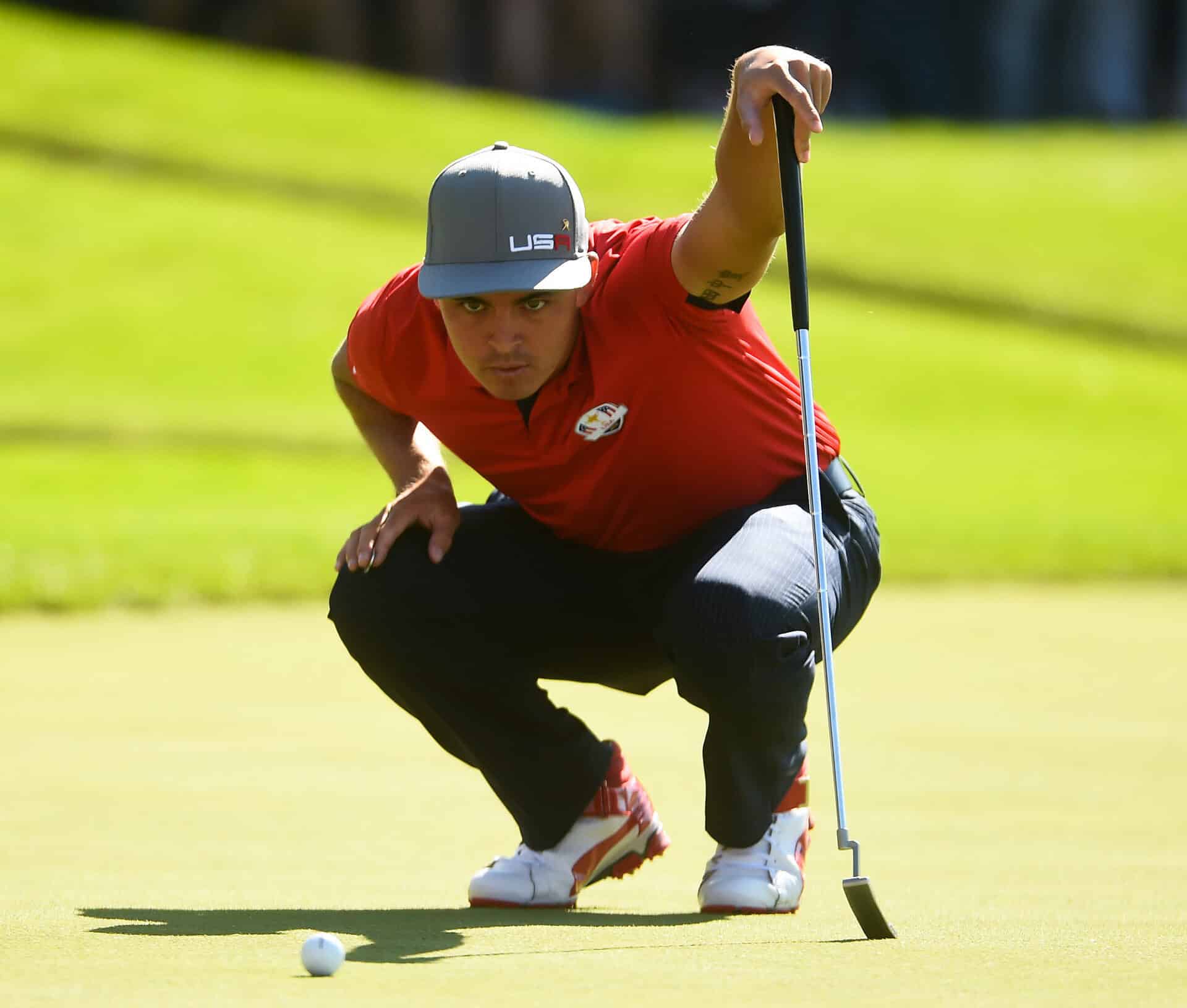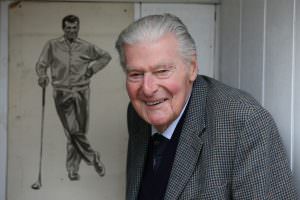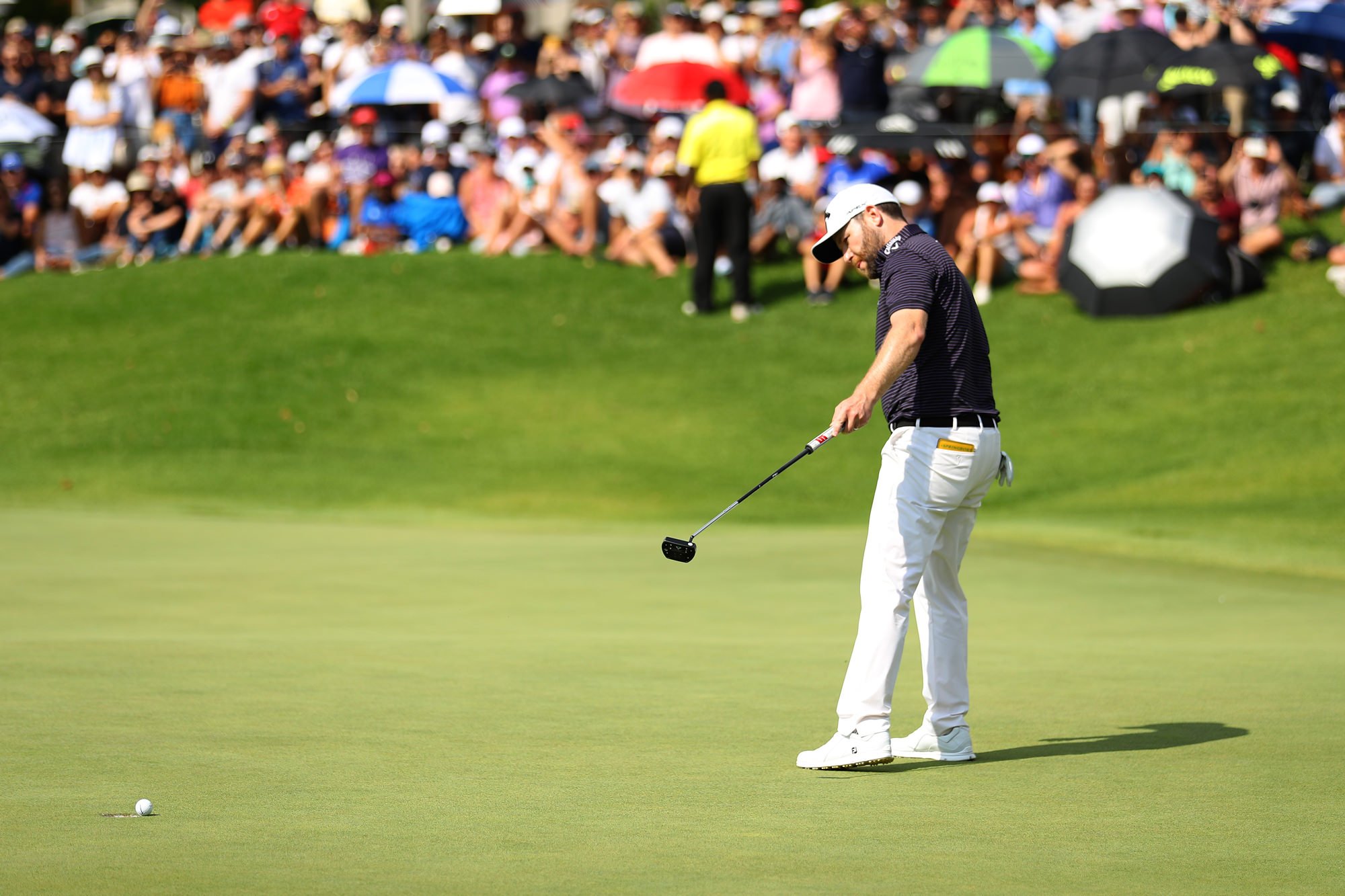
How to improve your sleep for better golf
Sleep is the price we pay for wakefulness but as a nation we are trying to stay awake more and more in the 24/7 lifestyle we have developed. We are forgoing our sleep in an effort to be more productive, working longer and longer hours, and partying until dawn. Yet this comes at a price. Curtailing our sleep affects our mood, cognition and physical abilities, making us more prone to infection and difficulty fighting viruses, ultimately contributing to ill health and all-cause mortality.
10 tips to improve your sleep
Go to bed at times aligned to your circadian rhythm: Sleep is controlled by two processes: a homeostatic process in which sleep ‘pressure’ builds up throughout the day, also called a ‘sleep drive’, and this pressure then dissipates when we sleep. The circadian process dictates the timing of a host of physiological processes, including when it is time to sleep and when it is time to be awake. We can ensure a better night sleep by being in tune with these 2 processes. Go to bed at times aligned to your circadian rhythm.
Reduce caffeine intake: Caffeine keeps us alert and awake by influencing neurochemicals which interfere with the homeostatic sleep drive. Having too much caffeine reduces your sleep drive, making it difficult to get to sleep and stay asleep. Caffeine has a long half-life, meaning that the time it takes for your body to metabolise it is around 5 hours. This means that if you have a double espresso around 5pm, you are likely to still have as much caffeine in your system at 10pm as having a single shot of espresso. Would you really have an espresso before going to bed? I thought not.
Reduce your alcohol intake: While a nightcap can help us get off to sleep, the sleep during the second half of the night is seriously disrupted. It becomes more fragmented, we are more likely to awaken to use the bathroom, and the amount of Rapid Eye Movement sleep we obtain is reduced. This sleep stage helps us regulate our emotions, so we are likely to not only feel tired after a night on the booze, but also more emotionally reactive the following day.
Eat healthily: Certain foods such as bananas, egg, poultry, and tart cherries contain or help our body’s to secrete melatonin, a hormone that makes us feel sleepy. Eating such foods in the hours leading up to bedtime could help you regulate your circadian rhythm and get to sleep at your optimum time.
Reduce screen time: Melatonin is inhibited by light, particularly blue light. Electronic devices such as phones, tablets and computers emit a lot of blue light, and so evening screen time can seriously disrupt our circadian rhythm. Limit your screen time before bed, or use a screen filter or ‘night mode’ if you really must use these devices in the twilight hours.
Exercise but at the right time: Exercise during the day has been shown to boost slow wave sleep, the sleep stages that help you feel restored and replenished. Get outside to expose yourself to natural daylight to synchronise your circadian rhythm with the light-dark cycle and get some exercise to boost those slow waves. Though exercise in the couple of hours before bed may raise your body temperature to such an extent that it is difficult to get to sleep.
Have a hot bath before bed: This may sound counter-intuitive given that our body needs to be cool in order to get to sleep, but having a hot bath means that when you hit the cold air when you get out of the bath stimulates your body’s natural cooling, and so your core body temperature reduces faster aiding your transition to slumber.
Stick to the ’15-minute rule’: If you have been awake in bed for around 15 minutes and cannot get to sleep, get out of bed, out of the bedroom and do something relaxing somewhere else. Perhaps read a book in another room. Staying in bed struggling to get to sleep builds up negative associations of the bedroom as a place of frustration and stress. We need to break that association. Return to the bedroom only when you feel drowsy. This takes away the ‘effort’ of trying to get to sleep.
Work on deep breathing techniques: This will help to lower heart rate and keep us calm before/in bed. Counting breaths and practising mindfulness mediations can be helpful in getting off to sleep.
Don’t try to get to sleep: The trick is to not try to get to sleep. The more we try, the more evasive sleep becomes. Distract your mind with calming thoughts or count your breaths slowly as you inhale and exhale. Progressive muscle relaxation can also help to relax us ready for sleep. Tensing and relaxing our muscles progressively throughout the body can dispel tension and lead to a blissful slumber.
Dr Nicola Barclay is Departmental Lecturer in Sleep Medicine at the Sleep and Circadian Neuroscience Institute, University of Oxford and sleep expert for Mammoth Comfort. Follow NCG on Twitter, Facebook and Instagram.
Hannah Holden

Hannah Holden is the Equipment and Instruction Editor here at National Club Golfer. If you’re looking to improve your game, by changing your golf swing or upgrading your golf equipment she’ll have the answers.
As well as writing lots of features and reviews you can find her on our YouTube channel giving you insights on the latest rules, clubs and tips to improve your golf game.
Hannah is a member at Alwoodley golf club. You will either find her here or driving up and down the country playing in a variety of elite amateur events.









